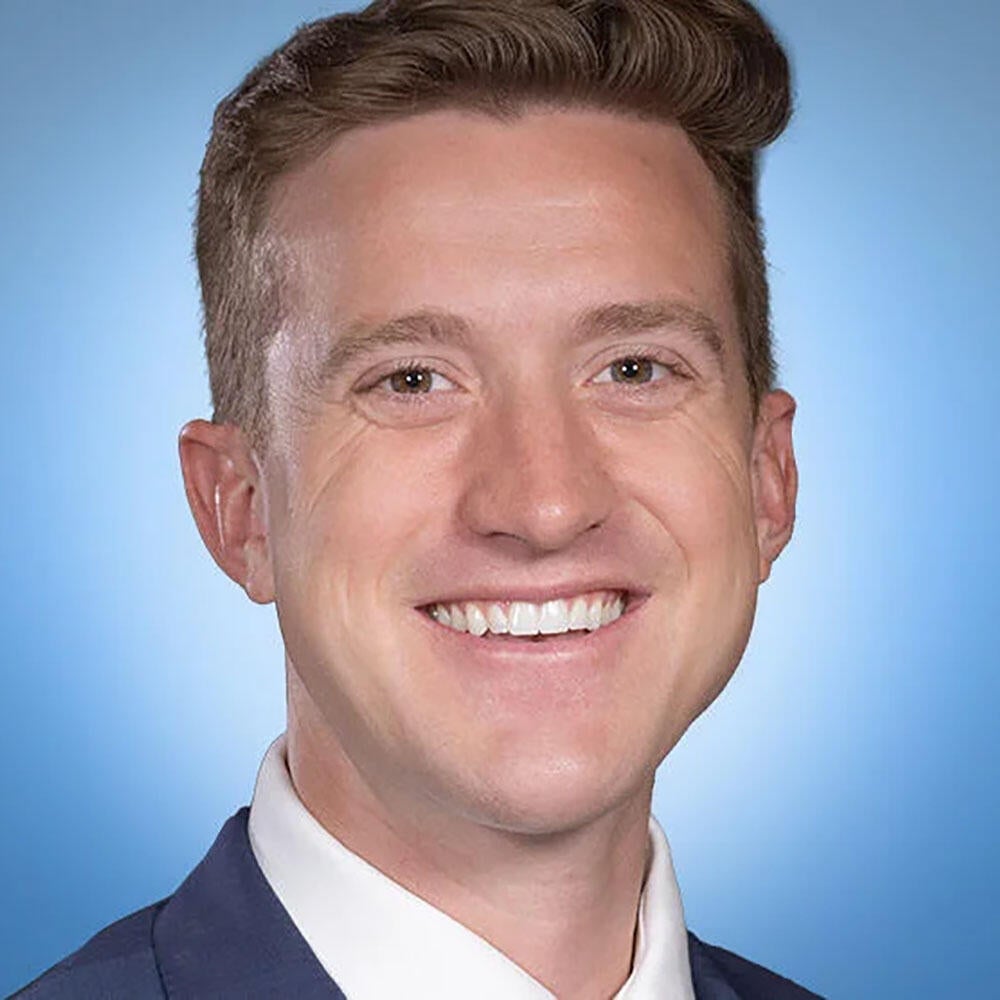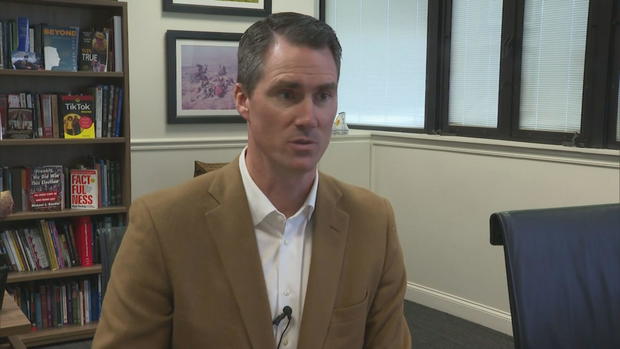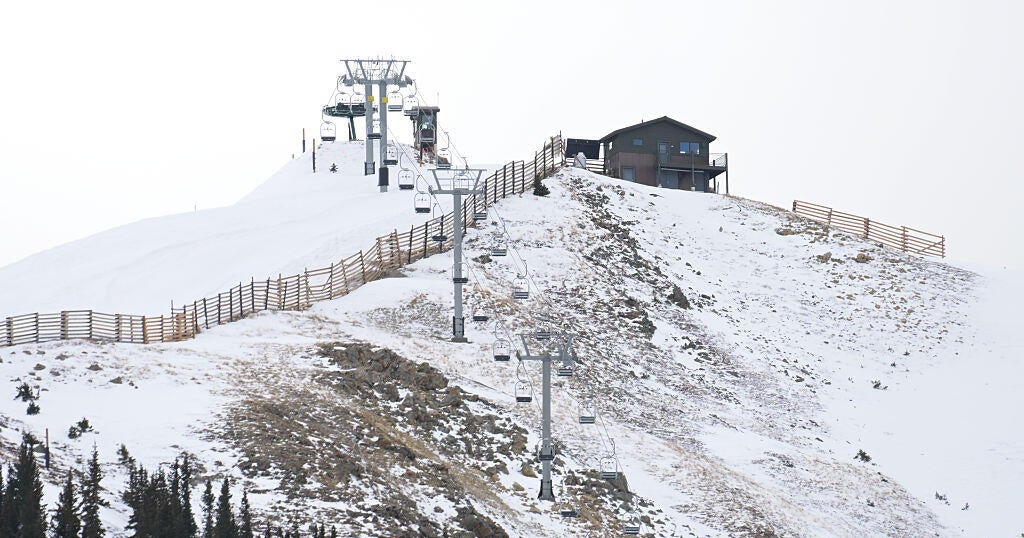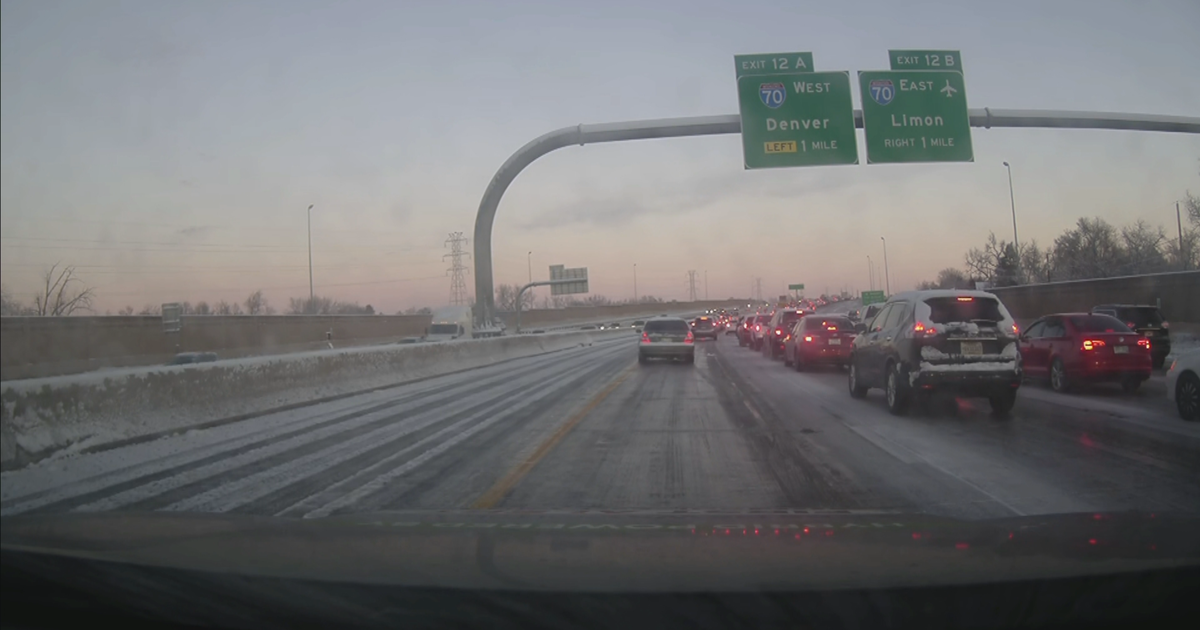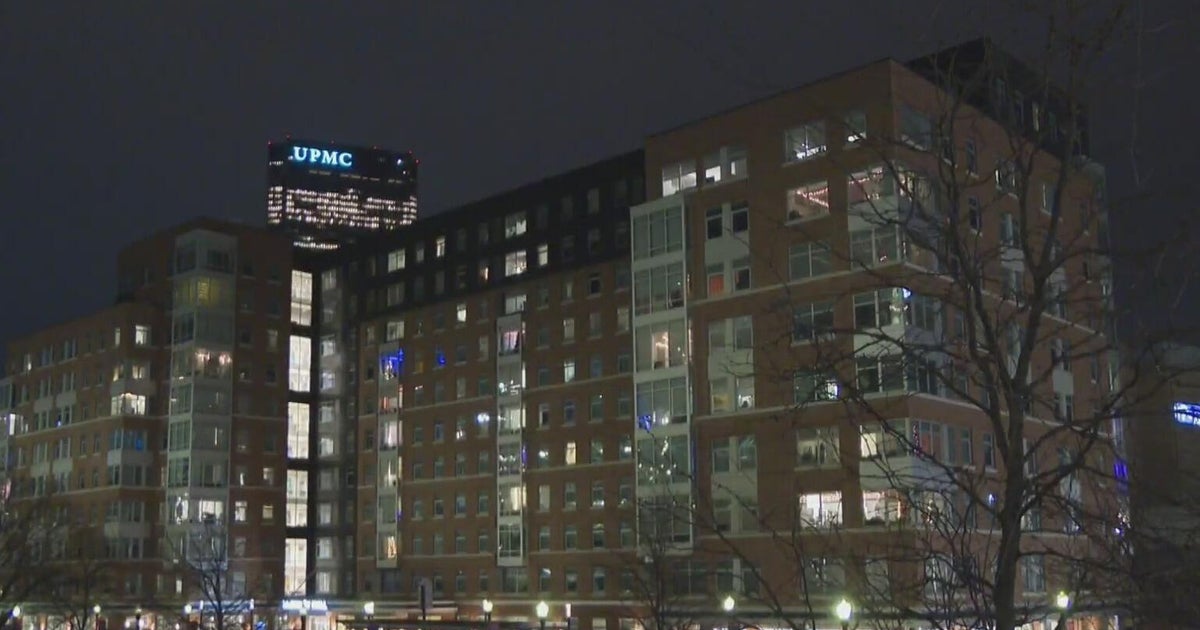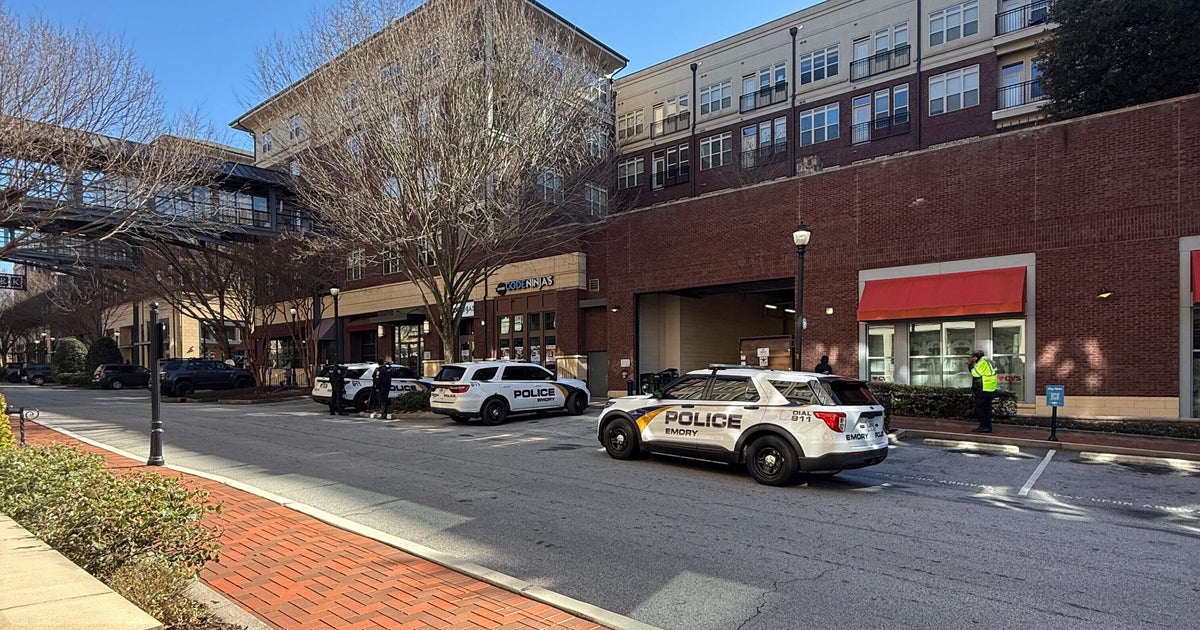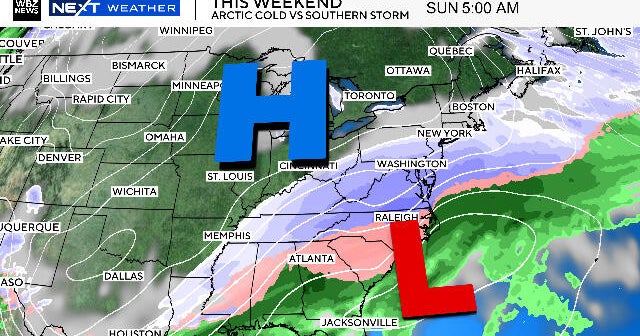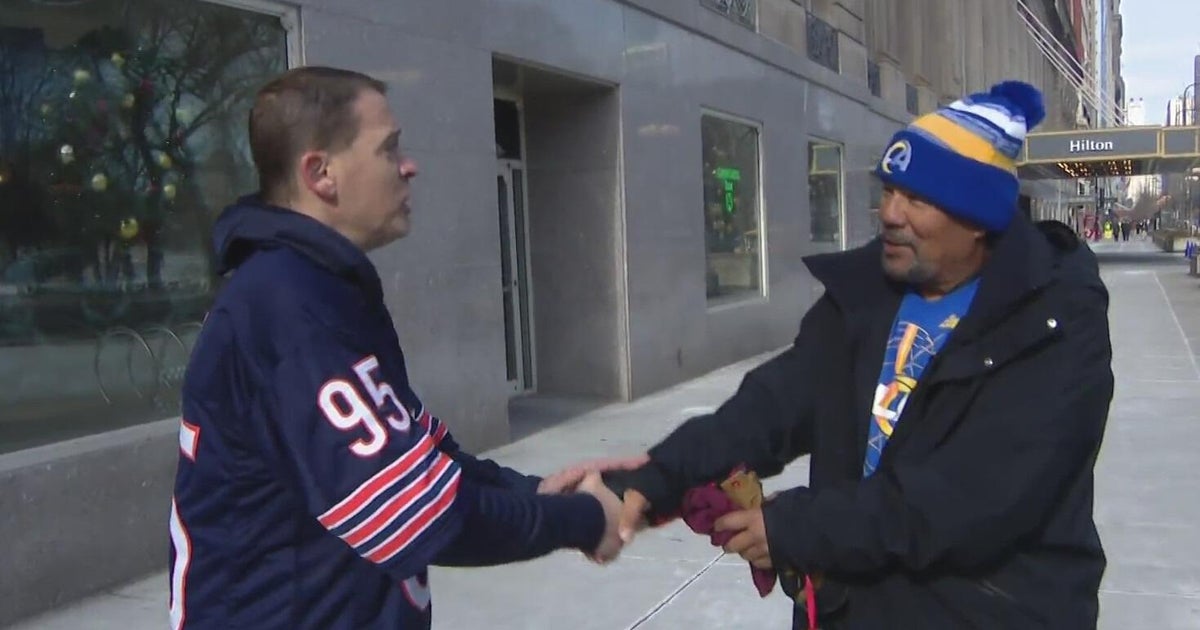Colorado Mesa University taps into water table to heat and cool campus
Beneath the feet of students attending Colorado Mesa University in Grand Junction are a series of pipes, stretching 171,000 feet across the campus and feeding into the raised Western Slope water table.
Those pipes are responsible for green energy, cost-cutting and hedging efforts, and 2% on tuition prices so far.
The Geo-exchange system is simple in design. Pipes go down and cycle water through the groundwater which holds around 60 degrees all year long.
In the summer, the water is cooled and brought back up to help cool classrooms. In the winter, water is heated and brought back up to warm up the classrooms.
John Marshall, president of Colorado Mesa University, says he is very proud of the system, which currently controls the climate in 2/3rds of the campus's buildings. That includes their Olympic-sized swimming pool.
"It saves us one and a half million dollars per year in foregone energy costs," Marshall said. "It's a permanent hedge against energy inflation."
That's not so shabby in a time where energy bills are in the headlines across Colorado.
The system has caught the attention of Gov. Jared Polis as a solid pilot program that could be an example for other universities or building campuses in the future.
"With the support of the governor's office and friends in the legislature, we're looking for a capital grant that would assist us in completing some more drill fields that would increase the capacity and complete the campus loop," Marshall said. "That would allow us connect those final buildings that are yet to be on the loop."
The system is not perfect and has the potential to go down. In those instances the university relies on backup boilers that are still in place, but the idea is to never need them.
The effort is similar to other green-based energies with a heavy financial investment at the front end, but intended to be a stable consistent investment for years to come.
"It's the most efficient version of solar," Marshall said. "It's a passive solar where the ground is banking away that summertime heat."
"The other upside of this is we're kind of impervious to those heat waves," Marshall explained. "Heat waves happened and put some stress on the grid. People have to use more energy. Well, over here, we don't have to worry about that because the temperature of the ground stays nice. ... It allows for a very efficient and a low energy yield system."
That energy instability is not something the university is banking on but is something they'll continue to be immune to.
"As the cost of energy continues to go up, the turnaround on that payback becomes quicker and quicker and quicker," Marshall said.
